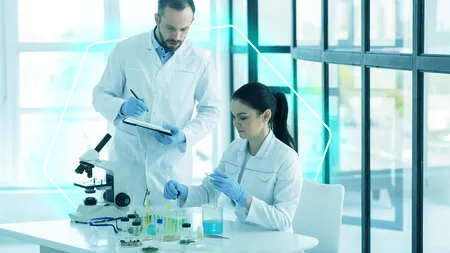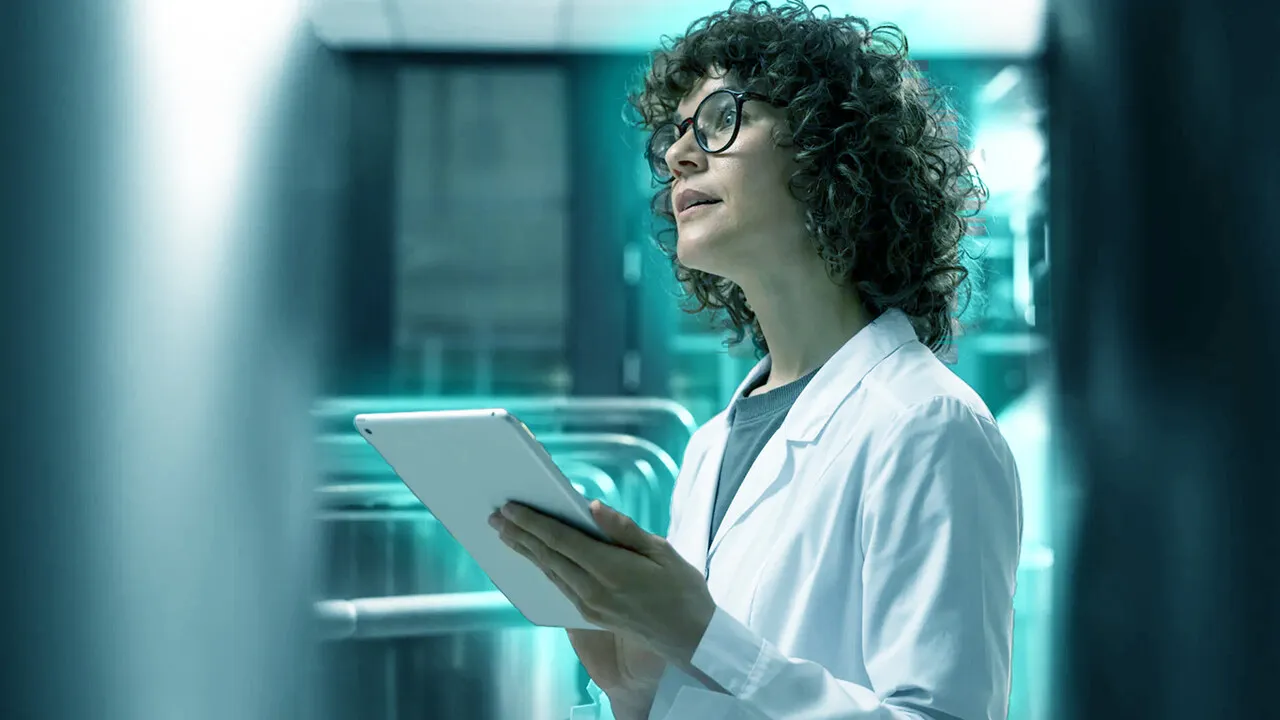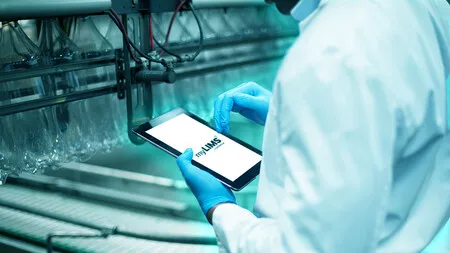September 5, 2025
Good Practices for Audits and Certifications in Quality Control Laboratories
Table of Content

Quality control laboratories play a key role in ensuring the quality of products and services in various industries, including food and beverage, manufacturing, chemical, mining, and many others. To ensure the reliability of the results produced by these laboratories, the implementation of good practices, audits, and certifications is essential. In this article, we will explore best practices for audits and certifications in quality control laboratories.
The Importance of Good Practices
The quality and integrity of laboratory results are critical to critical decision-making in many industries. Implementing good practices in quality control laboratories ensures that the results are accurate, repeatable, and reliable. In addition, compliance with internationally recognized quality standards increases the credibility of the laboratory, improving the trust of its customers and business partners.
Standards and Certifications
To ensure that a laboratory operates according to good practices, many international organizations have developed standards and certification programs. Some of the most recognized include:
- ISO 17025: This standard sets out the general requirements for the competence of testing and calibration laboratories. Compliance with ISO 17025 demonstrates the technical competence of the laboratory and its ability to produce reliable results.
- ISO 9001: Although not specific to laboratories, ISO 9001 is a widely adopted quality management standard that establishes general principles for ensuring quality in all processes of an organization, including laboratories.
- Good Laboratory Practice (GLP): These guidelines are especially relevant for research and development laboratories. They ensure that the data generated is accurate, reliable, and traceable.
- Good Manufacturing Practices (GMP): Applicable to laboratories involved in the production of pharmaceuticals, food, and other products, GMP ensures that manufacturing and control processes are strictly controlled.
Best Practices for Audits and Certifications
To meet these standards and norms, quality control laboratories must adopt good practices that permeate all areas of operation. Below are some essential guidelines:
1. Documentation:
- Keep detailed records of all activities and procedures performed in the laboratory.
- Document equipment testing, calibration, and maintenance procedures.
- Ensure that all documents are up-to-date and available for inspection.
2. Personal Competence:
- Train and qualify personnel to perform their duties competently.
- Promote ongoing professional development to keep staff up-to-date with best practices and technologies.
3. Quality Control:
- Implement internal quality control programs, including the use of reference materials and statistical process controls.
- Perform internal control analyses and participate in interlaboratory comparison programs.
Learn more: Achieving Quality Control with LIMS Software
4. Equipment and Facilities:
- Keep laboratory equipment in good working order and perform regular calibrations.
- Ensure that laboratory facilities meet safety and environmental requirements.
5. Traceability:
- Ensure that test and calibration results are traceable to national or international reference standards.
6. Risk Management:
- Identify and assess the risks associated with laboratory operations and implement measures to reduce them.
7. Internal Audits:
- Conduct regular internal audits to identify areas that need improvement and ensure compliance with good practices.
8. External Audits:
- Be prepared for external audits by certification bodies and regulators.
- Collaborate with auditors and provide requested information transparently.
Learn more: Compliance Made Simple: Harness the Full Potential of LIMS Automation in Your Lab
9. Continuous Improvement:
- Establish a quality management system that promotes the continuous improvement of laboratory processes and practices.
Conclusion
Implementing best practices, audits, and certifications in quality control labs is essential for reliable and credible results. Adhering to international standards and quality guidelines ensures consistent performance across all operations. Additionally, the continuous pursuit of improvement and active participation in quality control programs are crucial to maintaining excellence in the field of quality control. By following these best practices, laboratories can contribute significantly to the quality and safety of products and services in their respective industries.
Best-in-class LIMS
Built for your success
See what makes Confience different. Speak with a member of our team.
Schedule a Demo




.webp)


